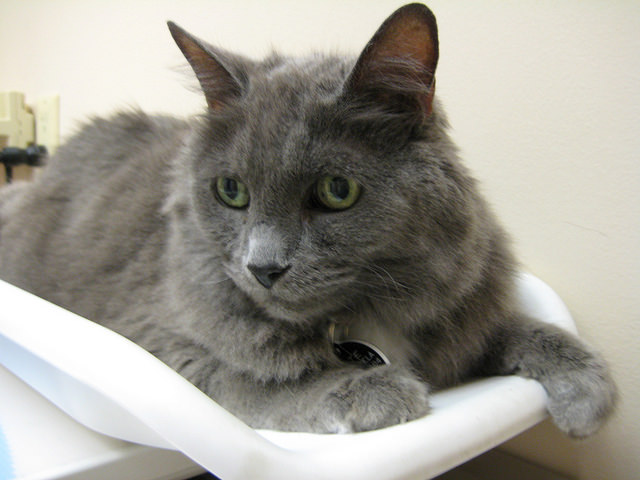Vaccines are in the news a lot and have become quite controversial. Vaccines are injections designed to protect an individual from infectious diseases. They are not like medications that are dosed by the size of the patient. The effectiveness of a vaccine is based on the number of active particles it includes, and these are specifically calculated in the whole dose.

How Vaccines Work
A vaccination is like training your immune system for battle. The vaccine primes your immunity to know how to handle the opponent (the disease). If you think of the active particles in the vaccines as training exercises, specific to a certain pathogen, then you can see why you would not want to skip the training or decrease the number of training particles in any way. So if you read anything that advises giving a pet half of the active vaccine because of a patient’s size, think twice about its efficacy.
Vaccines have come a long way in modern times, but the idea has always been the same: Expose a patient to particles that can prime the immune system and train it how to effectively respond. Then when the real threat happens, the immune system is swift to recognize and remember how to eliminate the threat.
There are different types of vaccines today, but they all follow this basic premise. They can utilize the patient’s own system to be the most effective protection for the patient. Diseases that are very dangerous or very widespread are the ones most likely to require vaccinations.
Vaccination vs. Medication
It is important for you to know that vaccinations are not medications. They are not effective AFTER the exposure has taken place and must be given to healthy animals. If the immune system is already in battle with a real pathogen, it cannot maximize the vaccination. Vaccinations must be given based on risk assessment, as every available vaccine is not right for your pet.
Side Effects
Vaccines have been blamed for countless side effects, but in reality, there is no scientific proof that vaccines themselves cause the myriad of problems they’re attributed to. There are rare cases of problems linked to vaccines, but more pets die from preventable diseases than those that have bad reactions from their vaccines. With that said, however, random administration of vaccines to every pet is not a good idea. Let your veterinarian guide you with risk assessment and choosing which vaccines are right for your pet.
Don’t forget that many of us would not be here at all if our ancestors had not been vaccinated!
Do you like to learn about cats? I like sharing about them.Find me on Facebook by clicking here.
